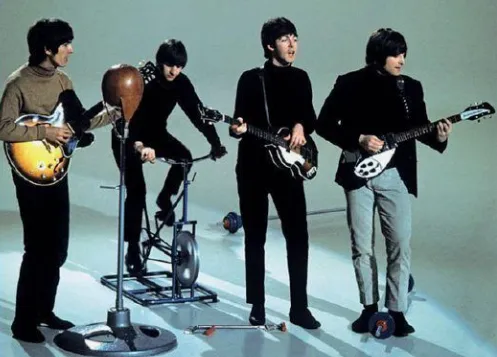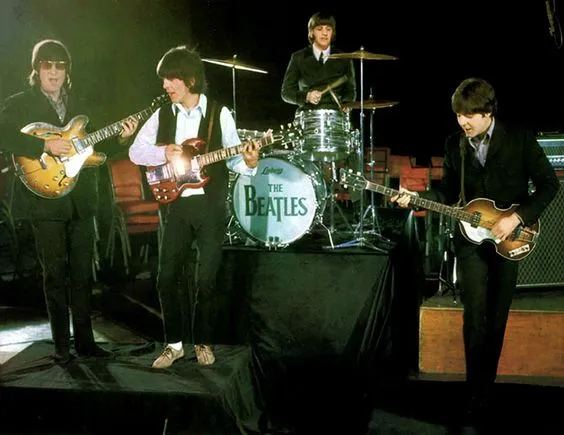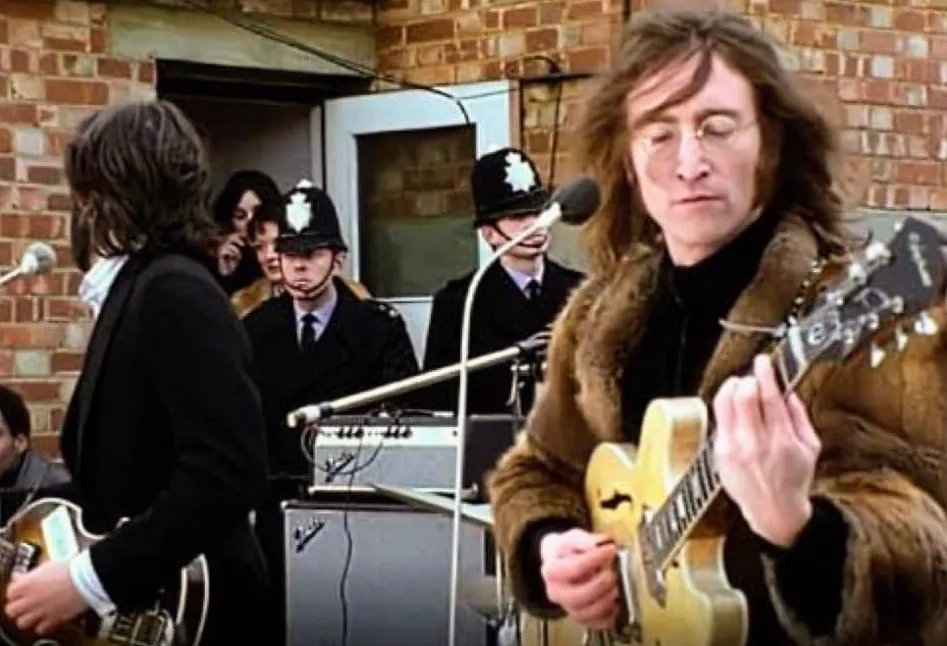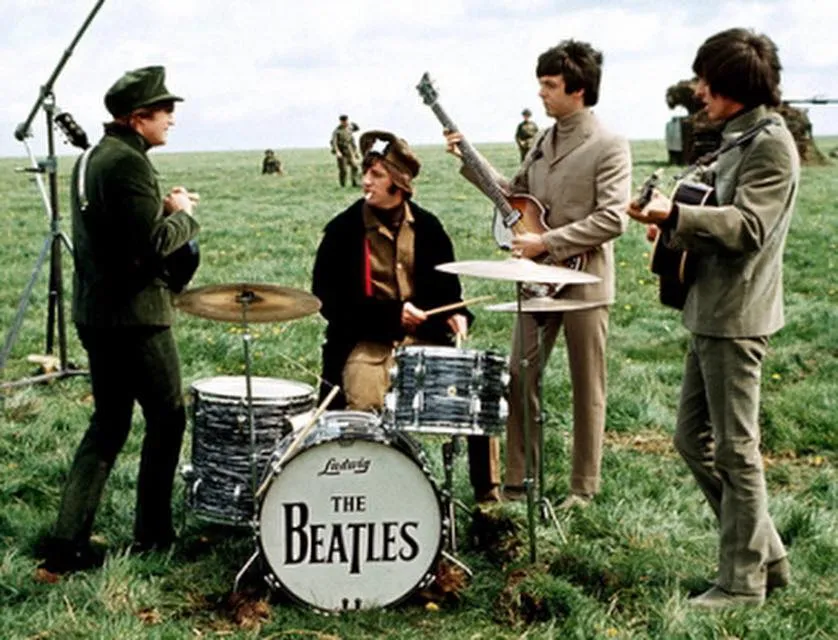About the song
(Watch the video below)
In the vast catalog of The Beatles' discography, "Run for Your Life" stands out as a departure from their typical upbeat and optimistic sound. Released in 1965 on the album "Rubber Soul," this track delves into darker themes of jealousy, possessiveness, and even violence, offering a glimpse into the complexities of human relationships and emotions.
From the haunting opening guitar riff to John Lennon's menacing vocals, "Run for Your Life" immediately sets a somber tone that is distinct from the band's more lighthearted fare. The song unfolds like a cautionary tale, with Lennon assuming the role of a jealous lover who issues a series of ominous threats to his partner.
At its core, "Run for Your Life" explores the destructive nature of jealousy and the lengths to which some people will go to exert control over their romantic partners. The lyrics are filled with possessive declarations and veiled threats, painting a chilling portrait of a toxic relationship teetering on the brink of violence.

Lines like "I'd rather see you dead, little girl, than to be with another man" and "Let this be a sermon, I mean everything I've said" reveal a dark undercurrent that is at odds with The Beatles' more innocent image. Indeed, "Run for Your Life" stands as a stark reminder that even the most beloved and iconic figures are capable of exploring the darker aspects of the human experience.
One of the most striking elements of the song is its juxtaposition of upbeat instrumentation with disturbing lyrical content. The catchy melody and infectious rhythm belie the sinister nature of the lyrics, creating a sense of unease that lingers long after the song has ended. This contrast serves to underscore the complexity of human emotions, highlighting the tension between love and possessiveness, desire and control.
Moreover, "Run for Your Life" is notable for its exploration of gender dynamics and power imbalances within relationships. Lennon's portrayal of a possessive and controlling lover reflects the patriarchal norms of the era, in which women were often seen as possessions to be controlled and dominated by their male partners. By interrogating these power dynamics, The Beatles challenge conventional notions of love and romance, forcing listeners to confront uncomfortable truths about the nature of human relationships.
Despite its dark subject matter, "Run for Your Life" remains a compelling and powerful piece of music that continues to resonate with audiences today. Its exploration of jealousy and possessiveness taps into universal themes that transcend time and place, making it as relevant now as it was over half a century ago.

In many ways, "Run for Your Life" serves as a microcosm of The Beatles' broader evolution as artists. As they matured and expanded their musical horizons, they became increasingly willing to explore deeper and more nuanced themes in their music. While earlier songs like "I Want to Hold Your Hand" and "She Loves You" may have captured the exuberance of young love, "Run for Your Life" delves into the darker recesses of the human psyche, revealing a more complex and multifaceted understanding of relationships.
Ultimately, "Run for Your Life" stands as a testament to The Beatles' willingness to push boundaries and challenge expectations. By delving into darker themes of jealousy and possessiveness, they demonstrated their versatility as artists and their ability to tackle a wide range of subjects with honesty and authenticity. And though it may not be as well-known as some of their more upbeat hits, "Run for Your Life" remains a haunting and thought-provoking addition to The Beatles' illustrious body of work.



